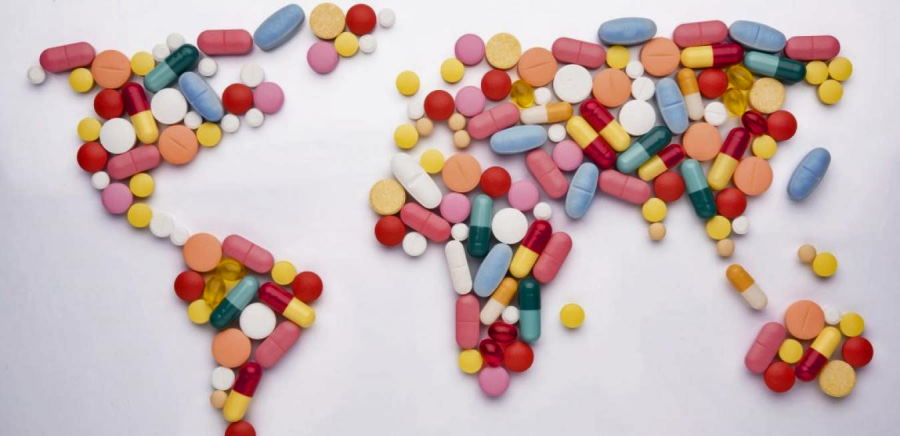Public health is an important aspect of any community, and the necessary resources must be available to maintain a healthy population. In addition, recent research has shown that investing in public health can positively affect the economy. This blog post will explore why investing in public health is good for the economy. We’ll also look at some of the benefits that come with increased investment in public health.
Ways to invest in public health
- Invest in prevention:
Prevention is always better than cure. Therefore, it is important to invest in public health initiatives that prevent health problems before they occur. This includes promoting healthy lifestyles, providing access to clean water and sanitation, and vaccination programs.
- Address the social determinants of health:
The social determinants of health are the conditions in which people live, work, and play that affect their health. These include factors like income, education, housing, and environmental conditions. Therefore, improving these conditions can go a long way towards improving the overall health of a population.

- Improve access to healthcare:
Ensuring everyone has access to quality healthcare is essential for a healthy population. This includes things like making sure there are enough doctors and nurses, improving primary care, and increasing access to essential medicines.
- Invest in research:
Investing in health research is important for finding new and better ways to prevent and treat health problems. This can lead to breakthroughs that save lives and improve the quality of life for people worldwide.
- Increase government funding:
Governments play a vital role in public health, both in terms of setting policy and providing funding. Increasing government funding for public health initiatives can help to make them more effective and reach more people.
How investing in public health will strengthen the macroeconomy
The United States is the wealthiest country in the world, yet it ranks 37th in overall health status. This is due in part to the high cost of healthcare, which consumes nearly 18% of the nation’s GDP. In comparison, other developed countries spend an average of 9.6% of GDP on healthcare. The high cost of healthcare in the US is driven by a number of factors, including the rising costs of prescription drugs, hospital care, and physician services.

One way to improve the nation’s health status and reduce healthcare costs is to invest in public health. Public health refers to all organized measures (whether public or private) to prevent disease, promote health, and prolong life among the population as a whole. Investing in public health can help reduce the incidence of chronic diseases such as heart disease, stroke, cancer, and diabetes, which are responsible for the majority of deaths in the US each year.
Chronic diseases are often preventable through lifestyle changes such as eating a healthy diet, exercising regularly, and not smoking. We can save lives and money by investing in public health measures that promote these lifestyle changes. For example, the Centers for Disease Control and Prevention (CDC) estimates that every $1 invested in tobacco control can save $10 in healthcare costs.
In addition to reducing the incidence of chronic disease, investment in public health can also lead to other economic benefits. For example, a healthy population is productive, and investing in public health can increase worker productivity and decrease absenteeism. A healthy population is also less likely to need government assistance, such as food stamps or Medicaid.
Investing in public health is an investment in the future of our country. A healthier population will lead to a stronger economy and better life for all Americans.







 I am an economist and nature lover. By day, I serve as director of economic policy initiatives & institute fellow at the Finance Institute. By night, I muse about economics, finance, nature, and life here at makewallstreetpay.org. I also advise and invest in start-up companies.
I am an economist and nature lover. By day, I serve as director of economic policy initiatives & institute fellow at the Finance Institute. By night, I muse about economics, finance, nature, and life here at makewallstreetpay.org. I also advise and invest in start-up companies.


























